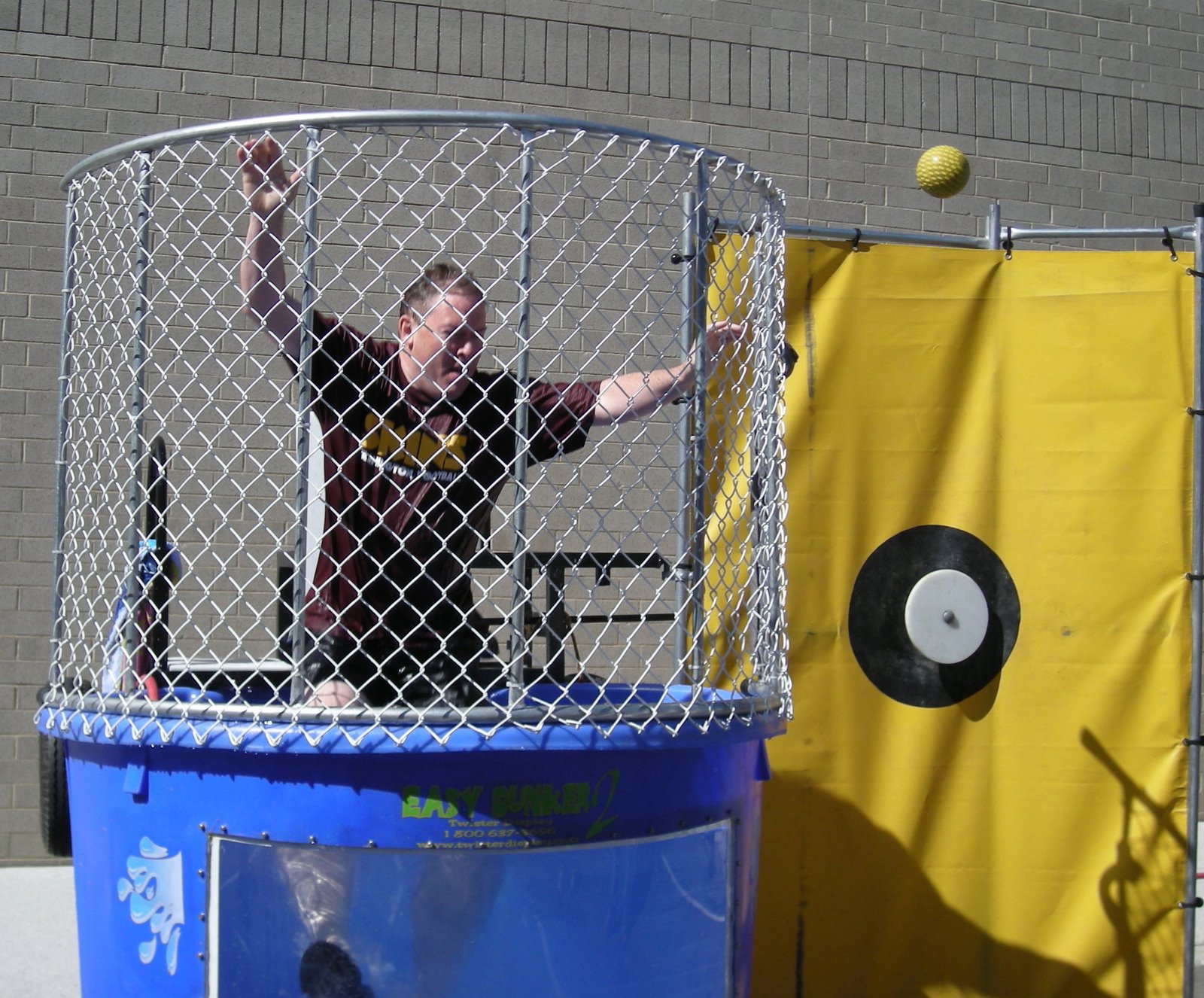Addressing the Middle School Organizational Skills Conundrum
Susan MulcaireAman is in seventh grade. It’s mid-semester and he has a D in Math. Ask Aman why he has a D, and he’ll shrug his shoulders and tell you, quite earnestly, that he’s not good at math, he doesn’t understand it, he never will. It’s pretty clear he’s given up.
Mr. Summaker, Aman’s math teacher, paints a different picture of this struggling student. “Aman’s plenty bright. He can do math. But, he forgets to bring his homework to school. He has four missing assignments, and he failed to make up a quiz he missed when he was absent. He also turned in a project late. Organizationally, he’s all over the place. If he could just pull it together, he’d probably end up with a B in my class. He’s so far behind now, he doesn’t study, he isn’t engaged in class -- he’s checked out.” Thus, at the tender age of 12, this bright and capable student may already have closed the door to a career in engineering, architecture, medicine or any other math-based profession. Why? Not because of his math skills -- because of his poor organizational skills.
Does Aman understand the connection between his academic performance, and his organizational skills? Probably not. A typical middle school student is not terribly inclined toward self-reflection, particularly on matters such as grades and organization. To borrow a notion from Gertrude Stein, to a middle school student, “a D, is a D is a D.” However, for students like Aman who, but for their poor organizational skills, would be performing on a satisfactory level, making the connection is critical. If Aman truly understood that his organizational habits, not his intellectual ability are driving his performance, he might not be so quick to throw in the towel and label himself a failure.
In an effort to help Aman make the connection, Mr. Summaker takes him aside and demonstrates what his grade would be, had he turned his homework, made up the missed quiz, and submitted his project on time. He assures Aman that, but for these problems, he is a capable math student, and can do well in his class. By the end of the meeting, Aman has made the connection. He understands that his organizational skills are the primary culprit dragging down his grade.
Will this be enough to get Aman back on track? Not likely. It may be enough to get his head back in the game, and to restore some of his confidence, but Aman still needs help. To abandon him now would be like providing a diagnosis and withholding the cure. He hasn’t the slightest idea what good organizational skills are, or how to learn them. He needs to be taught. Without instruction in these essential skills, Aman will continue to underachieve, carrying with him into high school, the bad habits and practices that caused him to underachieve in middle school.
What can be done to help students, like Aman, learn good organizational skills? A lot! Start with teaching students to use -- and to use correctly -- the organizational tools they have right at their fingertips. Among the many tools that middle school students have for being organized are binders, planners, study buds, class notes and self-advocacy skills. These tools and skills can help students manage their time and their workloads. Here are some tips:
Binders: A binder is an important organizational tool. It should be organized so that the student is able to file, find and retrieve papers and information quickly. Papers should be separated by class, and long term handouts stored in sheet protectors, in the correct binder section. Each subject section should contain a “send/receive” sub-section for homework and papers that go to and from school to home. Remember, binders need maintenance! Once a month, invite your organizationally-challenged students to a lunch time, advisory or after school Clutter Bust, where they can enjoy music and a treat as they clean out and organize their binders.
Planners: Prior to class dismissal, allow students a couple of minutes to record homework, class assignments and other responsibilities. Encourage students to incorporate into their planner school wide dates and events, such as bell schedule changes, picture days and exam weeks, as well as personal obligations and appointments. All of this information, not just the class schedule, is important for proper time management.
Study Bud: Pair students up with a study bud in each class. Study buds act as back up for one another in the event of confusion about a homework assignment, a lost worksheet, sick days or forgotten handout. They can also study together or pair up on projects. Study buds exchange contact information, including email address, phone numbers and addresses. Study buds work together on in-class assignments or team activities, to get to know each other and become comfortable working together.
Class Notes: Take time to carefully explain to students that, in middle school, dates, deadlines and directions are important. Failure to follow directions, or missing a deadline or due date, can result in a drop of a full letter grade on a project, essay or assignment! Train your students to tune in, listen for, and take notes on information regarding due dates, deadlines and directions. A day or two after assigning a project, give the class a short quiz about the project’s due date, deadline and directions. The results will identify the students who are not tuning into these important matters and are likely to miss the due date, or fail to follow the directions.
Self-advocacy skills. Knowing when and how to speak up is an important organizational tool, not just for middle school, but for high school and beyond. Self-advocacy skills do not come easily to many young students. Whether it’s as simple as tracking down a teacher to reschedule a missed lab, or asking a teacher to correct a scoring error on a grading sheet -- shyness, limited English skills, or fear of being chastised, can put a student in avoidance (or denial) mode, and keep them from following up on important organizational matters. Practice self-advocacy skills! Have students create hypothetical middle school dilemmas, such as a lost text book, a failed grade on a paper, or a friend who is distracting them in class, and explain what he or she would do to follow up on the matter. Then role play -- actually verbalize -- talking to the teacher to resolve the dilemma.
Good basic organizational skills are essential for success in middle school. Like Aman, most middle school students are not capable of identifying and self-correcting poor and unproductive organizational habits. Start students on the road to success by teaching them to correctly use the organizational tools available to them. Good organizational skills will serve your students well through middle school, high school and into college. No student should underachieve because of poor organizational skills!
Susan Mulcaire is a teacher, lawyer and mother of three. She is the author
of The Middle School Student’s Guide to Ruling the World! (Tween Publishing, 2006). She created the popular S.O.S. Student Organizational Skills Program
and podcasts, and teaches organizational skills in Orange County, California.
She can be reached at 949-723-5131, susan.mulcaire@middleschoolguide.com or through www.middleschoolguide.com.


















3 comments:
Hello,
I am a college student that is currently aspiring to be a middle school principal one day. I just wanted to let you know that I found your blog today, and am enjoying it thoroughly. I look forward to your future posts!
Thanks so much! Let me know if I can help you.
Post a Comment